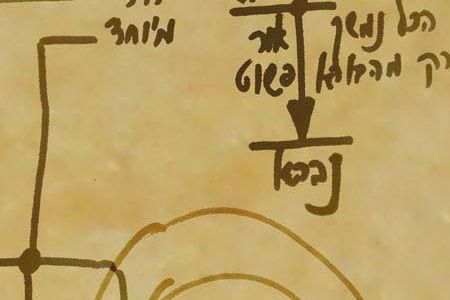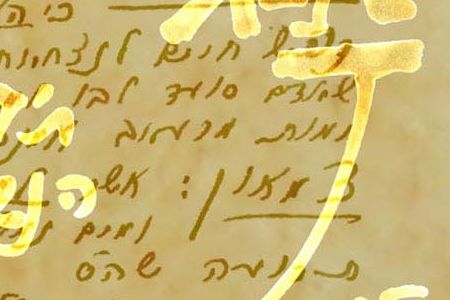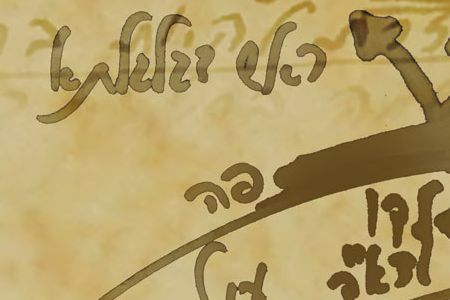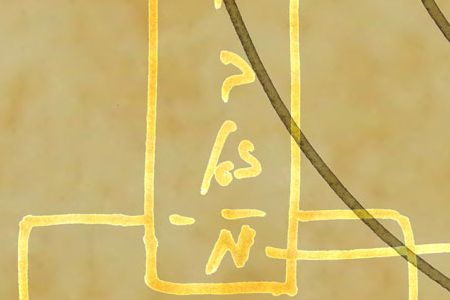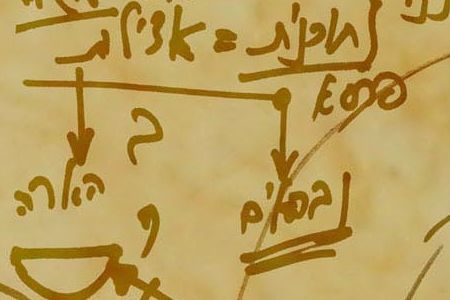Leviticus, 12:1-13:59 – 14:1-15:33
This Week’s Torah Portion | Apr 16 – Apr 22, 2023- 25 Nisan – 1 Lyyar, 5783
In A Nutshell
In the portion, Tazria (When a Woman Delivers), we learn about laws related to a woman who has delivered. If she delivers a boy, she is considered impure for seven days. On the eighth day the boy is circumcised and the woman begins a 33 day purification period. If the woman delivers a girl she is considered impure for fourteen days, and the purification period lasts 66 days.
The portion also details rules concerning afflictions. A person who is infected with something must come to the priest, who diagnoses the sore and knows the rules concerning each of them.
The portion, Metzorah (The Leper), is dedicated to the rules concerning leprosy, and what to do when one has been infected with it. A leper who has healed must be examined by the priest, then bring two birds. The priest slaughters one bird and dips the other in clean water.
The end of the portion discusses the impurity of nocturnal ejaculation and the rules concerning a woman in menstruation—anyone who touches her is impure until the evening.

Commentary by Dr. Michael Laitman
Why are the rules in the portions described in such detail?
The whole Torah is an instruction by which to correct our nature. Man was deliberately created with an egoistic desire; this is why we want everything for our own good, as it is written, “For the inclination of a man’s heart is evil from his youth” (Genesis, 8:21). Creation itself is the evil inclination, the sum of our negative qualities. The inanimate nature, the vegetative, and the animate around us are completely neutral—neither good nor bad. It is managed by the laws of nature that act instinctively on all its elements.
